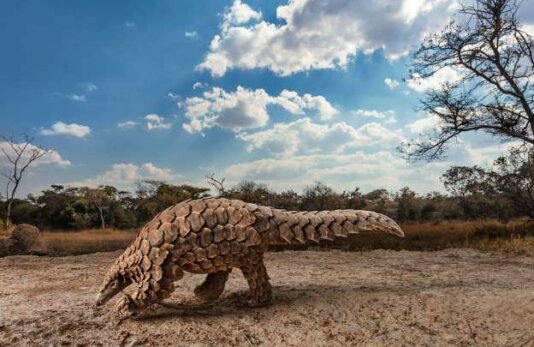FairPlanet.Support
| topic: | Conservation |
|---|---|
| tags: | #wildlife, #hunting, #elephant hunting, #WildAid, #NGO, #donation, #environmental activism, #conservation |
| by: | Yair Oded |
It is a growing assumption among scientists that the consumption of wildlife ignited the outbreak of the COVID-19 pandemic.
Other than highlighting the sanitary dangers is consumption of wildlife, the outbreak calls our attention to the wider issue of hunting and poaching wild animals - much to the detriment of the planet’s ecosystems.
WildAid is an international non-profit organisation working to raise public awareness about illegal wildlife trade. Through large-scale media campaigns, which span across billboards, television channels, and social media platforms, WildAid reach millions of people across the globe and, in many cases, manages to shift their attitude about the topic of wildlife trade and poaching.
“Our approach is not about scientific study or boots on the ground, both of which are important,” says Peter Knights, WlidAid’s CEO, “But it’s about addressing public perception and the economic forces behind the illegal wildlife trade. While everyone else was focusing on the supply side, we dared to ask, what if we could reduce the demand for these products? This goes straight to the root of the problem.”
Through its comprehensive media campaigns, supported and endorsed by some of the world’s most prominent voices advocating for wildlife and environmental conservation, and its partnerships with governments and NGO’s, WildAid has succeeded in protecting endangered marine reserves from illegal fishing and shark fining, as well as galvanise public support for anti-poaching efforts.
But their work is far from over.
Illegal wildlife trade remains a prevalent problem across the world, and threatens the survival of countless species.
You may visit WildAid’s website to learn more about the organisation’s campaigns and pledge a donation.
Image: Michael Sovran via Flickr.
By copying the embed code below, you agree to adhere to our republishing guidelines.
